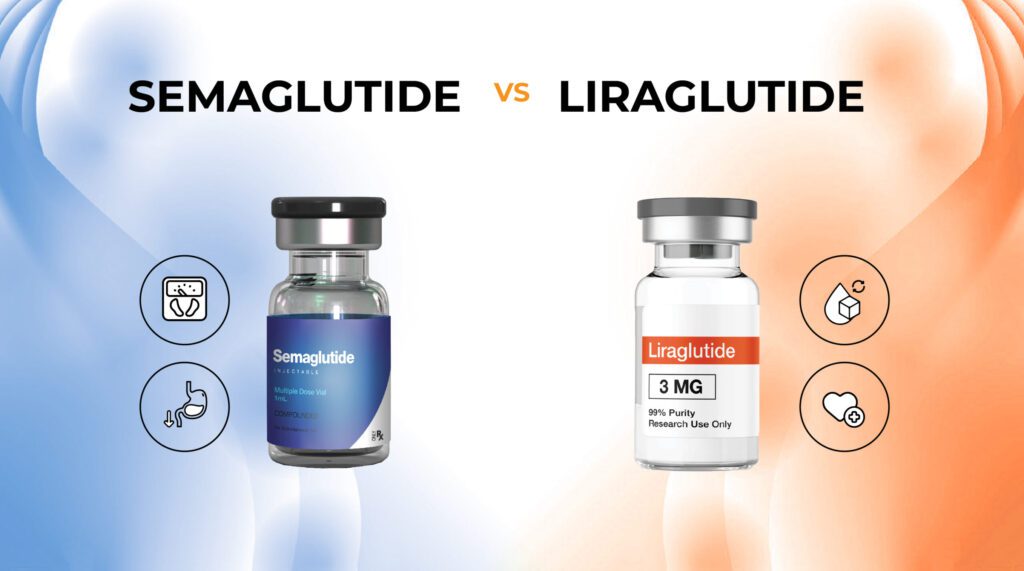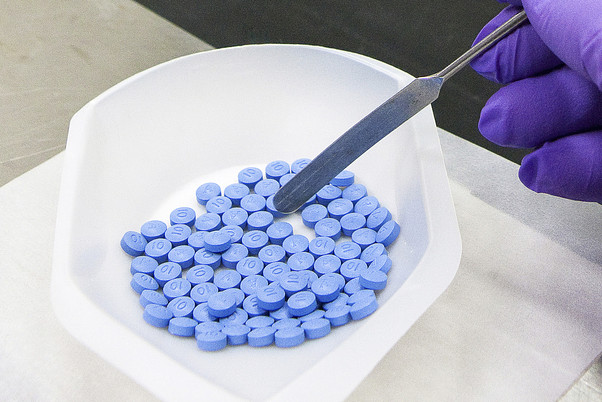IV Hydration
IV Hydration TherapyIntroduction to Ultimate Guide to IV Hydration TherapyIV hydration therapy has become increasingly popular as a quick and effective solution for dehydration. This type of therapy offers numerous benefits, including fast and efficient rehydration, nutrient absorption, and electrolyte balance. IV therapy is accessible in many cities and can be administered in various settings such as wellness clinics, hospitals, or even in the comfort of one’s home.The applications of IV hydration therapy are diverse, ranging from athletic recovery and hangover relief to combating fatigue and boosting the immune system. Whether it’s for performance enhancement, general wellness, or medical treatment, IV therapy has proven to be a versatile and convenient option for individuals seeking hydration and nutrient support. Dehydration can lead to a range of health issues, including fatigue, dizziness, and even more severe complications, making proper hydration crucial.Given its accessibility and various applications, IV hydration therapy has become a popular choice for many looking to maintain optimal wellness and combat dehydration. In the following sections, we will explore the benefits, uses, and considerations of IV therapy to help you better understand its potential impact on your health and well-being.What is an IV therapy?IV therapy, also known as intravenous therapy, involves the administration of nutrients, vitamins, and medications directly into the bloodstream through an IV line. This method allows for the immediate delivery of these substances to the body, bypassing the digestive system and allowing for faster absorption.The benefits of IV therapy are numerous. It can provide immediate relief from a variety of symptoms, such as dehydration, fatigue, and migraine headaches. IV therapy can also help reverse nutrient deficiencies, such as those caused by malabsorption or chronic illnesses, by ensuring that the body receives the necessary vitamins and minerals directly.IV therapy can be beneficial for a variety of reasons and conditions, including athletic recovery, immune support, chronic fatigue, stress relief, and anti-aging treatments. Additionally, it is often used in healthcare settings to deliver medications that require immediate and precise dosing.Overall, IV therapy offers a quick and effective way to deliver essential nutrients, vitamins, and medications directly into the bloodstream, providing immediate relief and helping to reverse nutrient deficiencies.How do IV drips work?IV drips work by delivering essential nutrients and fluids directly into the bloodstream through intravenous therapy. This method bypasses the digestive system, allowing for a higher absorption rate of nutrients compared to oral supplements. IV therapy can include a range of nutrients such as vitamins, minerals, and amino acids, which are delivered directly to the cells that need them.The process involves medical supervision and monitoring to ensure the correct dosage and to address any potential complications. Healthcare professionals carefully assess each patient’s needs and tailor the IV solution accordingly. Throughout the administration of the IV drip, the patient’s vital signs are closely monitored to ensure safety and effectiveness.Overall, IV drips work by providing a rapid and efficient way to deliver essential nutrients and fluids directly into the bloodstream, offering a quicker and more effective method of rehydration and nutrient replenishment compared to oral supplements. The medical supervision and monitoring involved in the process ensure that patients receive the appropriate treatment and care tailored to their specific needs.What are the health benefits of IV therapy?IV therapy offers a multitude of health benefits. Firstly, it boosts immune health by providing a direct infusion of essential vitamins and minerals that help fight off illness and infections. Additionally, IV therapy can address nutrient deficiencies, which can lead to improved energy levels, mental clarity, and support for hair, nail, skin, and eye health.IV therapy also provides fast hydration by quickly delivering fluids directly into the bloodstream, making it an effective option for those needing rapid rehydration. This can improve athletic performance, support muscle recovery, and alleviate symptoms of hangovers and jet lag by replenishing essential fluids and nutrients.Moreover, IV therapy can aid in healthy weight loss by providing necessary nutrients and supporting metabolic function. It can also be beneficial in addiction recovery by helping to restore nutrient levels and alleviate withdrawal symptoms.In conclusion, IV therapy offers a range of health benefits such as immune health, nutrient boost, hydration, athletic performance enhancement, support for healthy weight loss, and addiction recovery assistance.What are the ingredients of an IV bag?An IV bag contains a combination of essential ingredients that are carefully measured and mixed to provide patients with the necessary fluids, electrolytes, and other vital nutrients. These ingredients are designed to help restore hydration, balance electrolytes, and deliver medication or nutrients directly into the bloodstream. Understanding the key components of an IV bag is crucial for healthcare professionals who administer intravenous therapy as well as for patients who may require this form of treatment. Let’s explore the main ingredients found in an IV bag and their respective functions.B-ComplexVitamin B12 deficiency can lead to various symptoms, including fatigue, weakness, and numbness or tingling in the hands and feet. It can also cause difficulty in maintaining balance, depression, confusion, and poor memory. Vitamin B12 is essential for DNA synthesis and red blood cell formation, crucial for overall health and well-being. Without an adequate supply of B12, the body’s ability to produce healthy red blood cells is compromised, leading to anemia and potential neurological problems.Good sources of vitamin B12 include animal-based foods such as meat, fish, dairy products, and eggs. Some fortified foods like cereals and plant-based milk alternatives also contain B12. Vegans, older adults, and individuals with certain medical conditions, like pernicious anemia or gastrointestinal disorders, may need to take vitamin B12 supplements to ensure they are meeting their body’s needs. A deficiency in vitamin B12 can lead to serious health risks, including anemia, nerve damage, and neurological problems. It is important to address any potential deficiency through diet or supplements to prevent these negative health effects.Vitamin CVitamin C, also known as ascorbic acid, is an essential nutrient that plays a crucial role in various bodily functions. One of its key roles is in collagen synthesis, which is important for the health of our skin, bones, and connective







